Welcome to our comprehensive guide on forex trading in Canada, your ultimate resource to delve into the world of foreign exchange markets. In this guide, we will provide you with a detailed understanding of forex trading, covering its fundamentals, market dynamics, trading strategies, risks involved, and regulatory aspects. Whether you are a novice exploring the realms of currency trading or a seasoned investor seeking deeper insights, this guide is tailored to meet your informational needs.
What is Forex Trading in Canada?
Forex, short for foreign exchange, is the dynamic arena where global currencies are bought and sold. Unlike traditional stock markets, forex trading involves the simultaneous buying of one currency while selling another, with the aim of profiting from fluctuations in exchange rates. Think of it as investing in the relative value of currencies rather than owning shares of a company.
Foreign Exchange Market
At the heart of forex trading lies the foreign exchange market, the largest financial marketplace globally. With a staggering worth exceeding $2 quadrillion USD, the forex market dwarfs all other financial markets. Most forex trades occur through the interbank system, where institutional players such as banks and large financial organizations dominate. However, individual investors can also participate through over-the-counter markets using brokers and dealers.
Factors Influencing Forex Markets
The forex market is influenced by a myriad of factors, including economic indicators, geopolitical events, and monetary policies. A country’s currency value fluctuates based on its economic performance relative to other nations. Positive economic indicators such as low unemployment rates and robust manufacturing sectors tend to strengthen a currency’s value. Additionally, factors like interest rates, inflation, and international demand for a country’s goods play significant roles in currency valuation.
Understanding Forex Trades
Forex trades involve pairing one currency against another, forming currency pairs. There are three main categories of currency pairs: major pairs, minor pairs, and exotic pairs. Major pairs, which include the US dollar (USD), are the most actively traded pairs in the forex market. Each currency is denoted by a three-letter symbol, such as CAD for Canadian dollars, EUR for euro, and GBP for the British pound.
Mechanics of Forex Trades
Forex trading operates through dealers and brokers in over-the-counter markets, lacking a centralized exchange. Dealers facilitate trades by quoting bid and ask prices, profiting from the spread—the difference between these prices. On the other hand, brokers act as intermediaries, assisting investors in executing trades and offering advisory services.
Key Definitions in Forex Trading
Before delving deeper into forex trading, it’s crucial to understand key terms:
- Bid: The price at which a dealer is willing to buy the base currency.
- Pip: A unit of measurement representing the smallest price move in forex markets.
- Order: The instruction given to a broker to execute a trade.
- Lot Size: The quantity of currency units in a trade, categorized as standard, mini, or micro lots.
- Ask: The price at which a dealer is willing to sell the base currency.
- Spread: The difference between the bid and ask prices.
Placing a Forex Trade
Placing a forex trade involves selecting a currency pair, analyzing market conditions, and executing buy or sell orders based on anticipated price movements. Traders closely monitor bid and ask prices, aiming to capitalize on favorable price differentials. Whether anticipating currency appreciation or depreciation, traders strategically enter and exit positions to maximize profits.
Forex Trading Strategies
Navigating the dynamic forex market requires well-defined trading strategies tailored to individual risk appetites and market conditions. Here are some popular trading strategies employed by forex traders:
- News Trading: Reacting swiftly to market news and economic events to capitalize on currency fluctuations.
- Scalping: Executing numerous trades with small profit margins over short timeframes.
- Day Trading: Closing all positions before the end of the trading day to mitigate overnight risks.
- Swing Trading: Riding the momentum of currency trends by buying low and selling high.
- Trend Trading: Following long-term market trends to capture sustained price movements.
Risks Associated with Forex Trading in Canada
While forex trading in Canada offers lucrative opportunities, it also entails inherent risks that traders must be aware of:
- Speculative Nature: Forex trading is highly speculative, susceptible to rapid price changes driven by market sentiment and external factors.
- Leverage and Margin: The use of leverage amplifies both profits and losses, exposing traders to significant financial risks.
- No Centralized Exchange: Lack of a centralized forex exchange leads to varying rates and spreads across different dealers.
- Institutional Dominance: Individual traders often compete against institutional players with superior resources and information.
- Dealer Conflict of Interest: Dealers may prioritize their interests over those of traders, potentially leading to conflicts of interest.
Forex Regulations in Canada
In Canada, forex trading is subject to regulatory oversight by the Investment Industry Regulatory Organization of Canada (IIROC) and provincial regulatory bodies. Trading firms must adhere to stringent regulatory standards to ensure investor protection and market integrity.
Forex Trading vs. Stock Trading in Canada
Forex and stock markets differ in terms of trading hours and market structure:
- Trading Hours: Unlike stock exchanges with fixed trading hours, forex markets operate 24 hours a day, five days a week, across different global financial centers.
- Market Structure: While stock trading occurs on centralized exchanges, forex trading takes place in decentralized over-the-counter markets facilitated by dealers and brokers.
Final Thoughts
Forex trading in Canada offers unparalleled opportunities for investors to profit from currency fluctuations in global markets. By understanding the fundamentals of forex trading, implementing sound trading strategies, and managing risks effectively, traders can navigate this dynamic market with confidence. However, it’s essential to stay informed, adhere to regulatory guidelines, and continuously adapt to evolving market conditions to thrive in the world of forex trading.








